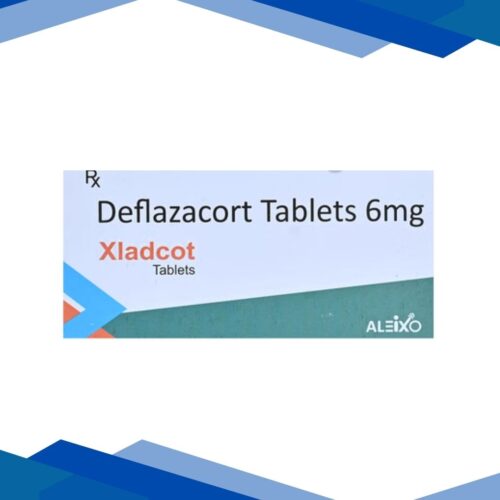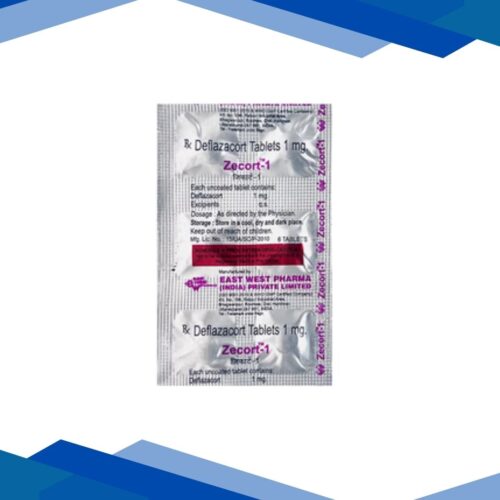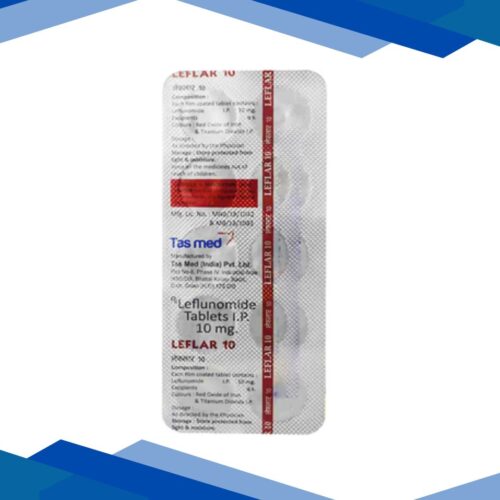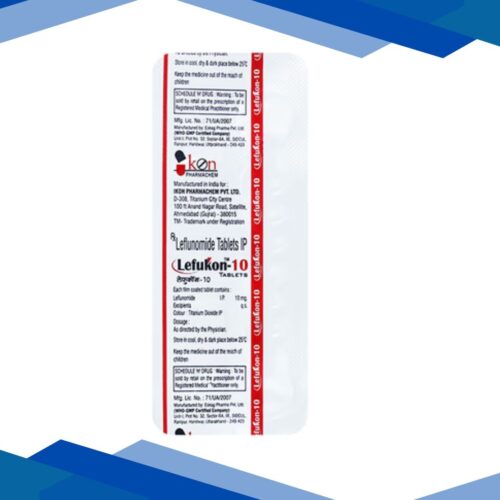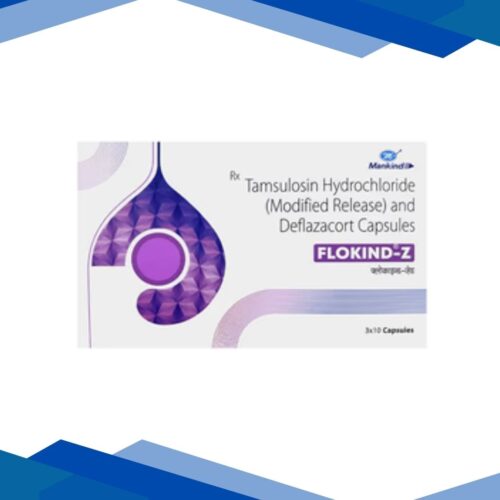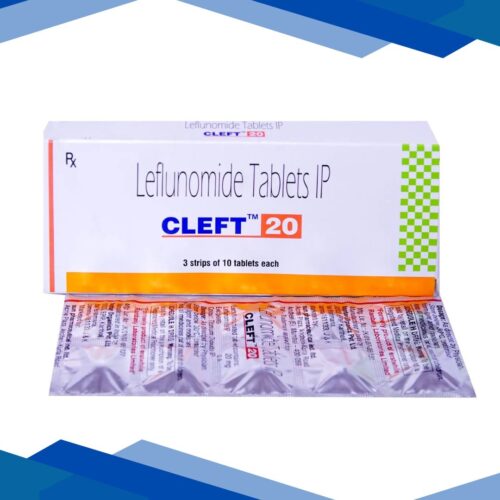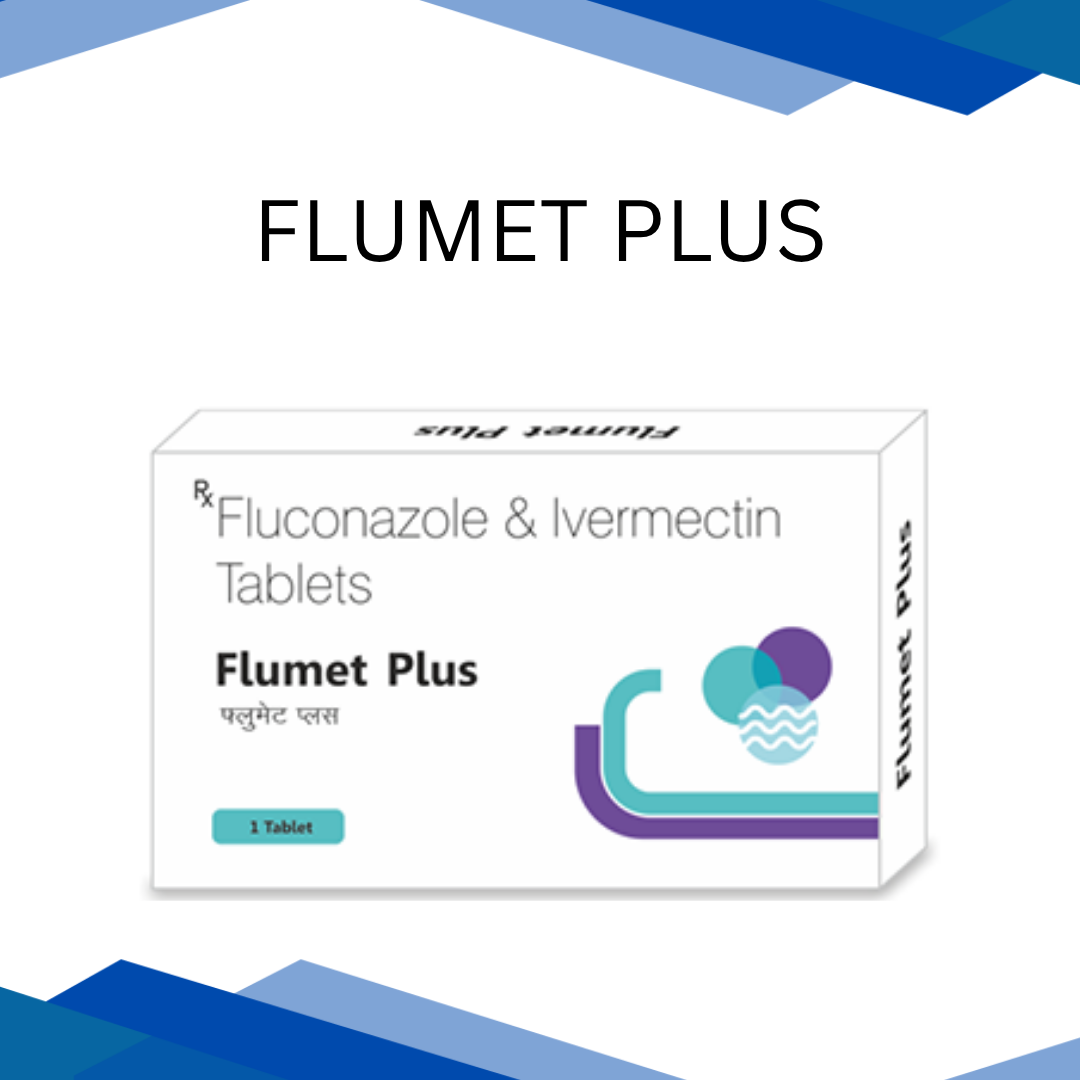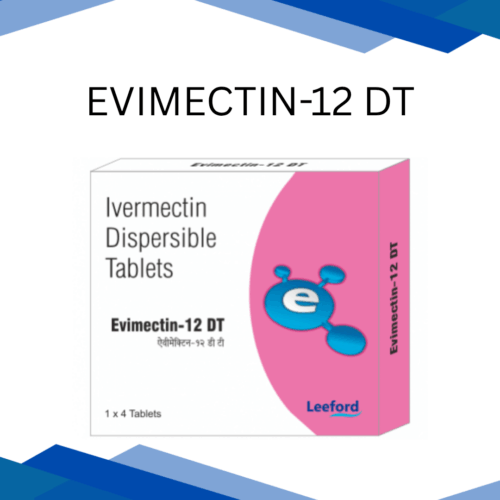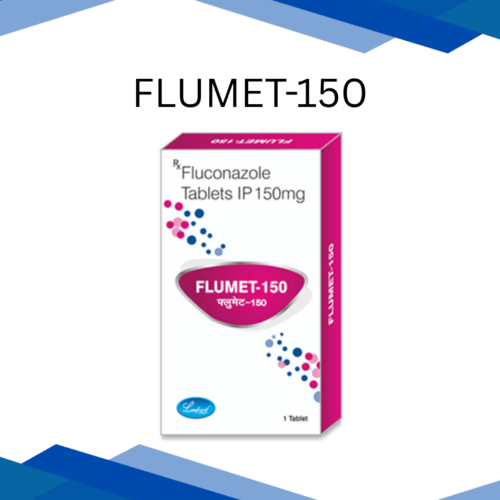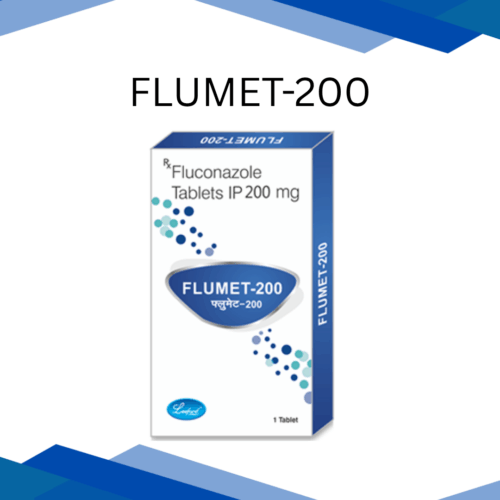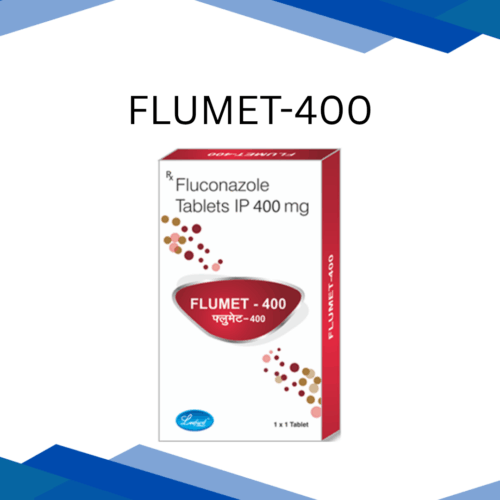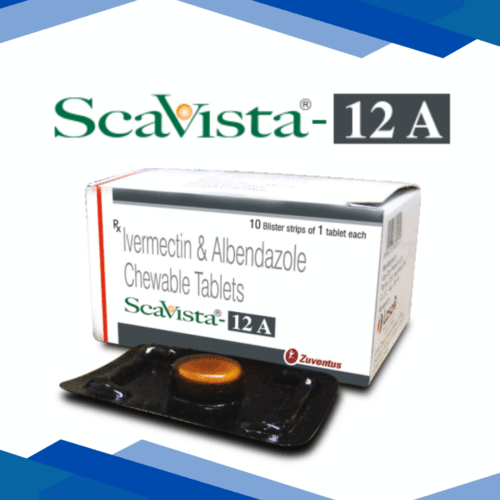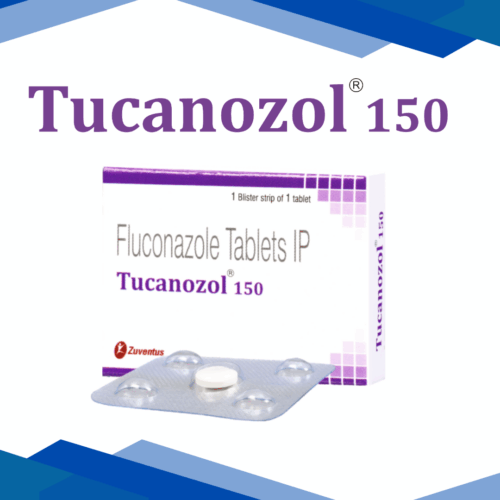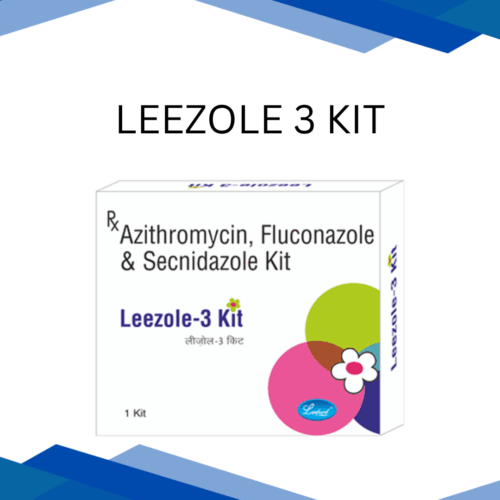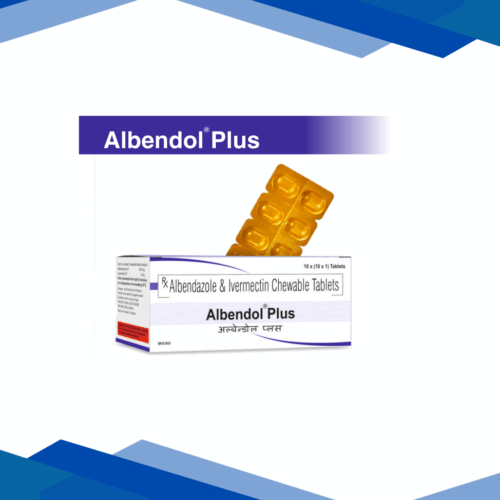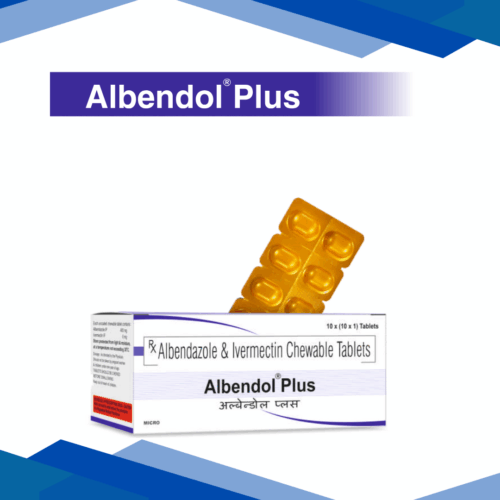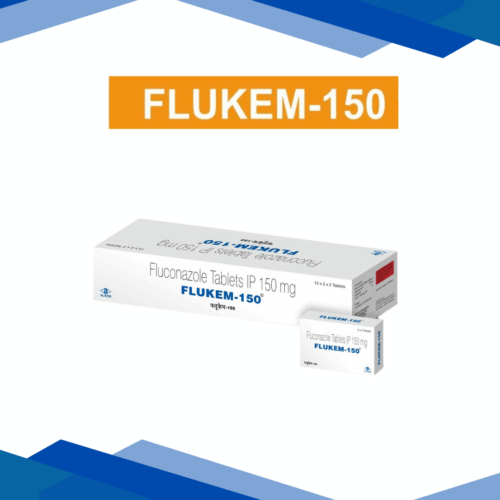FLOKIND Z Capsule 10’s
Flumet Plus
❌ Due to high demand, this product is currently out of stock. New stock will be available shortly.
👉 Click here to Buy Same Salt medicine
Fluconazole is used to treat fungal infections like candidiasis and ringworm, while ivermectin is used for parasitic infections such as scabies, lice, and intestinal worms.
Fluconazole
FLUCONAZOLE
Overview:
Fluconazole is used in the treatment of fungal infections, severe fungal infections and dandruff.
Classification:
Antifungal
Uses:
Fluconazole may be used to treat:
Vaginal candidiasis (vaginal yeast infections due to Candida)
Oropharyngeal and esophageal candidiasis
Candida urinary tract infections and peritonitis
Systemic Candida infections including candidemia, disseminated candidiasis, and pneumonia
Cryptococcal meningitis
How It Works:
Fluconazole is an antifungal medication. It kills and stops the growth of the fungi by destroying its cell membrane, thereby treating your skin infection.
Dosage:
As prescribed by your doctor.
Side Effects:
The most common side effects of fluconazole are:
headache
diarrhea
nausea or upset stomach
dizziness
stomach pain
changes in the way food tastes.
Precautions:
Tell your healthcare provider about all your medical conditions including if you:
have any liver problems
have kidney disease
have low levels of potassium in your blood
have heart problems
take any over-the-counter medicines you can buy without a prescription, including natural or herbal remedies
are pregnant, or plan to become pregnant
are breastfeeding.
Disclaimer
This content is for informational purposes only. Always consult a healthcare provider for medical advice and proper dosage.
Ivermectin
IVERMECTIN
overview:
Ivermectin is a widely used medication that treats infections caused by certain parasites. It’s known for being effective, fast-acting, and well-tolerated. It’s used in both humans and animals, but the human form is specifically prescribed by doctors for conditions like scabies, lice, and certain worm infections.
Classification:
Anthelmintic
Uses:
Ivermectin is used to treat:
Scabies (a skin infestation caused by tiny mites)
Head lice
Strongyloidiasis (a type of intestinal worm infection)
Onchocerciasis (also known as river blindness)
Other parasitic worm infections, depending on your location and medical condition
In some cases, it’s also used off-label under medical supervision for certain viral or skin-related conditions.
How It Works:
Ivermectin works by paralyzing and killing parasites. It binds to certain proteins in the parasite’s nerve and muscle cells, causing them to lose control and eventually die. This clears the infection from the body over time.
Dosage:
As prescribed by your doctor.
Side Effects:
Most people tolerate Ivermectin well. However, possible side effects include:
Common:
Nausea or upset stomach
Diarrhea
Dizziness or drowsiness
Mild skin rash or itching (especially in scabies cases as the mites die off)
Less common but serious:
Swelling of the face, hands, or feet
Vision changes
Fast heart rate
Severe skin reactions or allergic responses
In rare cases, people with heavy parasitic infections may feel worse before they feel better (this is due to the body reacting to dying parasites)
Precautions:
Always take it exactly as prescribed by your doctor—never use veterinary versions of this drug.
Tell your doctor if you have liver problems, immune system conditions, or if you’re taking other medications.
Avoid alcohol while taking Ivermectin, as it can increase the risk of side effects.
If you’re pregnant or breastfeeding, consult your doctor first—use only if clearly needed and approved.
After treatment for scabies or lice, continue following hygiene and decontamination steps (like washing clothes and bedding) to prevent reinfection.
Disclaimer:
This content is for informational purposes only. Always consult a healthcare provider for medical advice and proper dosage.
